You have decided to have rhinoplasty and have undergone the operation. Now you’re wondering what the next step is. As a general rule, after surgery, your doctor will advise you to avoid blowing your nose or engaging in vigorous physical activity for at least a week after rhinoplasty to avoid any potential complications.
There are several other things you need to do, as detailed below:
1. Take your painkillers on time, as instructed by your rhinoplasty surgeon.
– Do not take more than the prescribed amount.
– Do not drink alcohol while taking painkillers.
– Don’t take aspirin or ibuprofen while taking painkillers, as they can cause nose and throat bleeding, which can make you feel as if you’re swallowing blood or have blood in your phlegm (sputum).
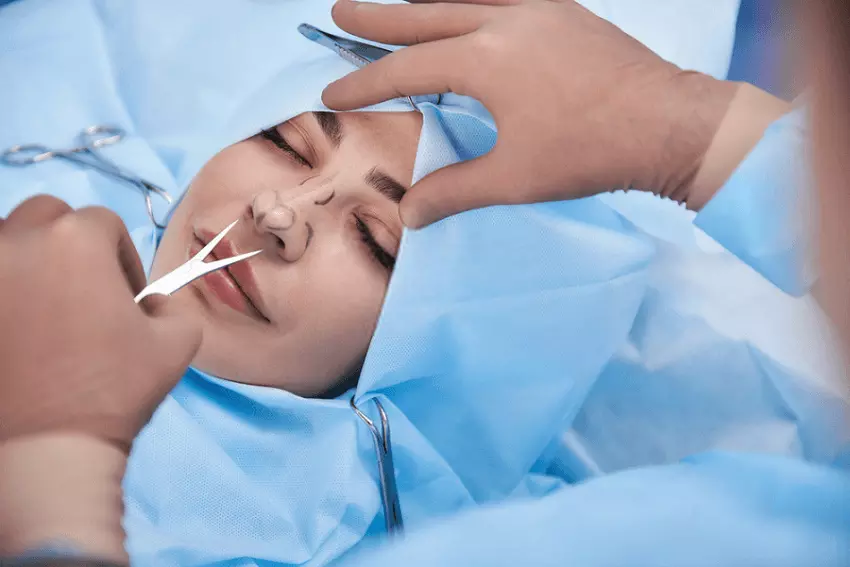
2. Protect surgical sites from direct sunlight
- Protect the surgical sites from exposure to direct sunlight and heat for at least one week after surgery.
- Avoid strenuous exercises, such as jogging and weightlifting, until instructed otherwise by your rhinoplasty surgeon.
- Drink plenty of fluids (at least eight cups per day) to prevent dehydration during your recovery period.
- Don’t rush back into work or school too soon; it’s best to wait several weeks before returning to any stressful activities that require concentration and focus on details.
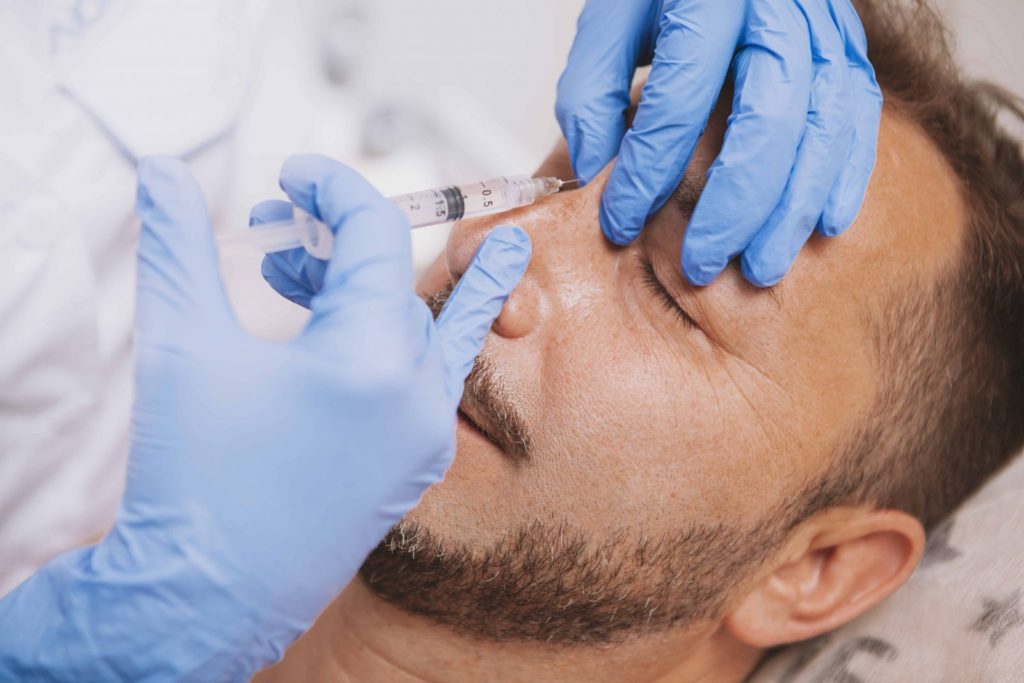
3. Don’t blow your nose for three weeks after rhinoplasty
– Don’t use a straw to drink liquids or other foods that need to be sucked through the straw, as this could damage the internal structure of your nose and lead to bleeding or scarring inside.
– Don’t use tissues, as they can irritate or scratch the newly-formed skin on your nasal bridge (the area between your nostrils). Instead, rinse each nostril with lukewarm water twice a day until healing has progressed sufficiently that you can avoid discharge while rinsing; this usually takes about a week after the procedure.
– Use a saline spray instead of blowing your nose; this will help control moisture levels while keeping everything clean at all times without causing further injury or irritation by blowing into open wounds.
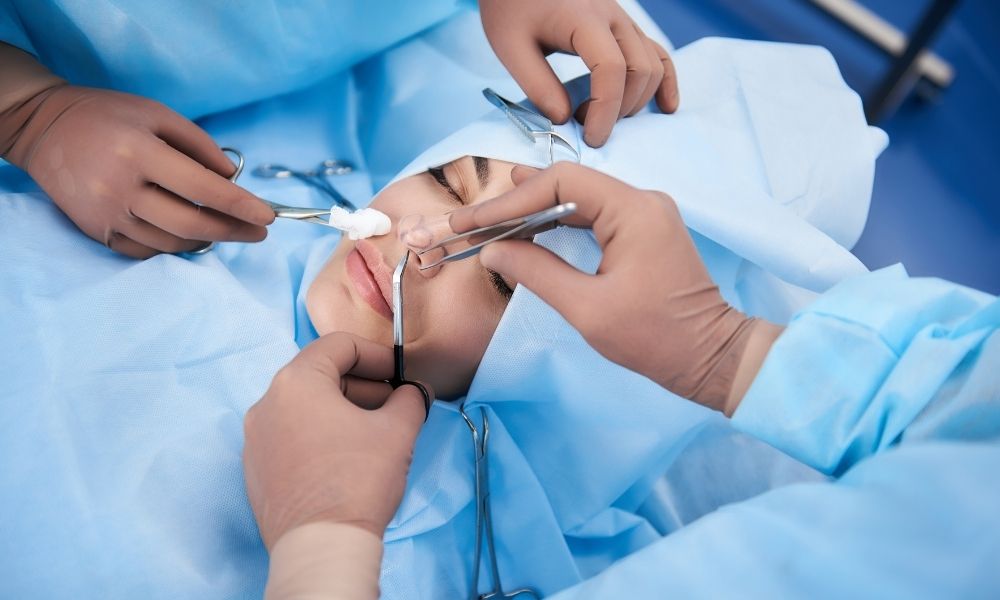
4. Apply an ice pack or cold compress to your nose
This should be done for 10 minutes every hour for up to three days after your procedure, or as directed by your rhinoplasty surgeon.
Ice bags are easier to apply, reusable and economical. They can also be used for longer periods than ice packs. Ice bags are more practical and environmentally friendly than ice blocks, as they don’t require you to use more plastic or paper products that would otherwise end up in landfill.
The best way to make the most of the results of your rhinoplasty surgery is to carefully follow all post-operative instructions and comply as much as possible with what has been advised by your surgeon before and after surgery.
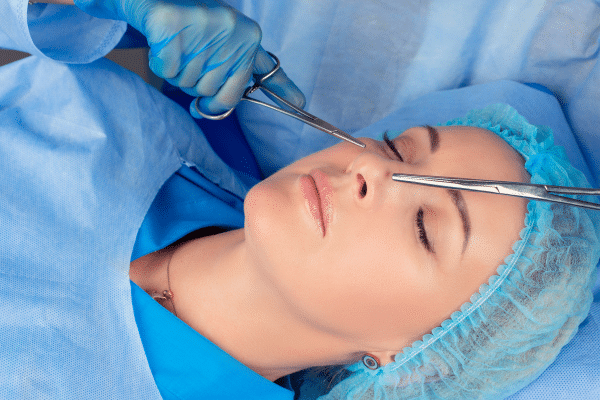
5. Return to work within five to seven days after rhinoplasty
If you’re a teacher, it’s important to know that your rhinoplasty surgeon may recommend that you take a few days off after surgery. In fact, your nose will probably be swollen and bruised, which could prevent students and parents from seeing your face.
If you’re a nurse, it’s also important to know that returning to work too soon can lead to complications such as bleeding or nasal cavity infection.
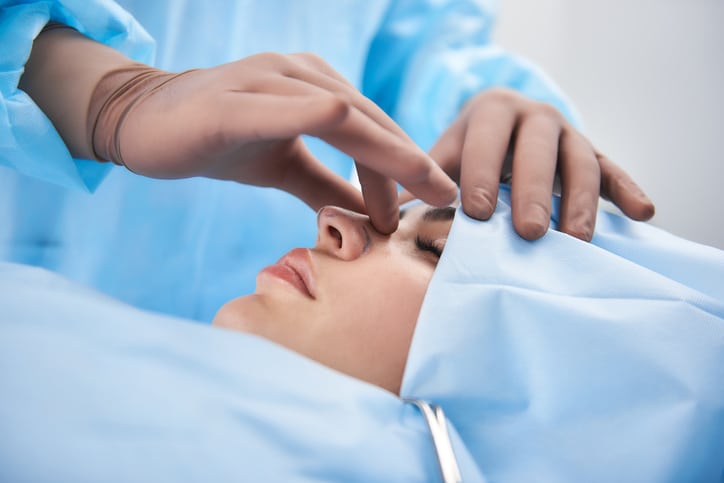
6. Avoid strenuous exercise
– Avoid strenuous exercise, such as jogging and weightlifting, until your rhinoplasty surgeon decides otherwise.
– Intense exercise can cause bleeding, bruising and swelling in the surgical area, which can take weeks or months to heal. It also increases your risk of complications such as infection, nerve damage and pain.
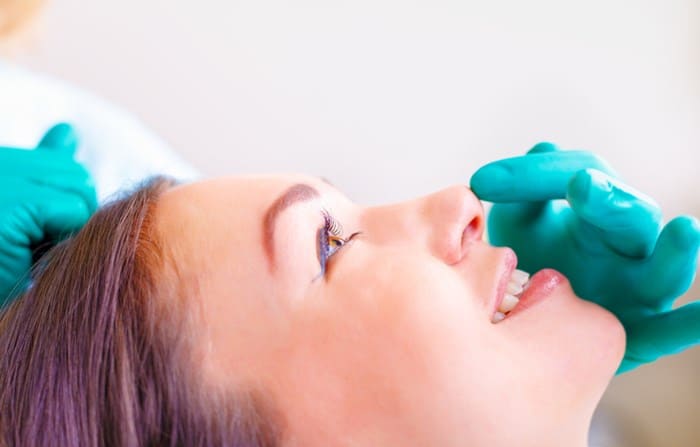
Recovery isn’t easy, and you mustn’t rush.
The recovery period is very important because it determines how you will heal after your surgery. Recovery should be carried out under the guidance of a doctor, as this will help you return to a normal life more quickly than if you did it yourself. Depending on the type of surgery performed, healing time can take from 1 week to 6 months. It also depends on your state of health prior to surgery; if your body is in good health, there’s a good chance that recovery will go faster than expected.
Conclusion:
Rhinoplasty is a surgical procedure that requires careful planning, preparation and execution. It’s important to do your homework and find a surgeon who has experience with this type of operation and who will provide you with the best possible results. The recovery process can be difficult, so it’s best to take things slowly and follow all post-operative instructions carefully.


